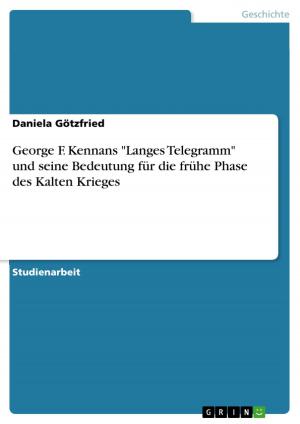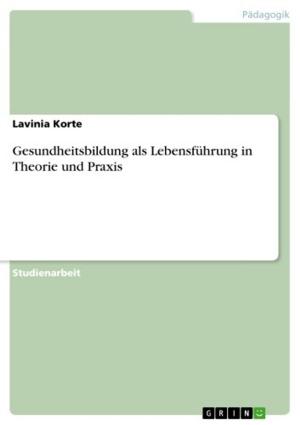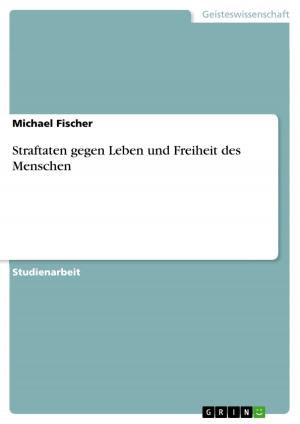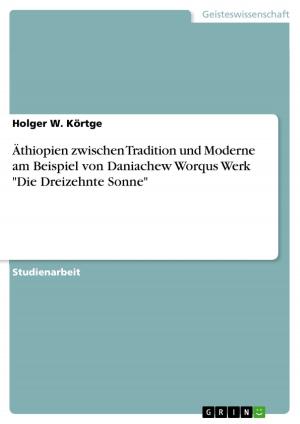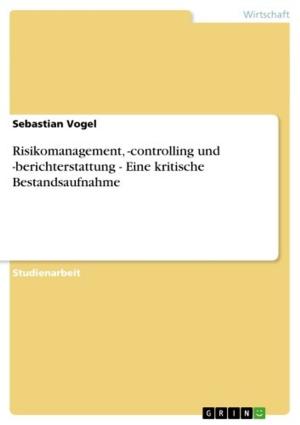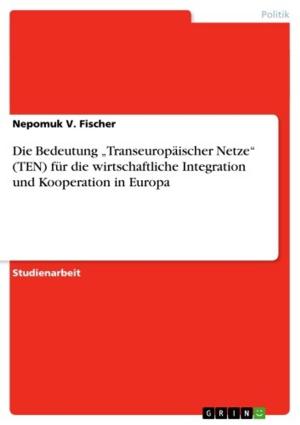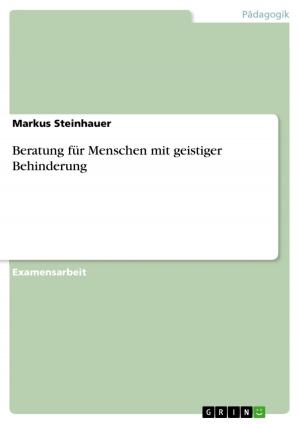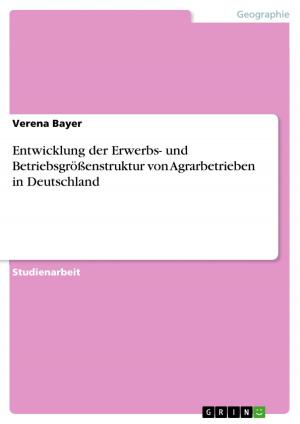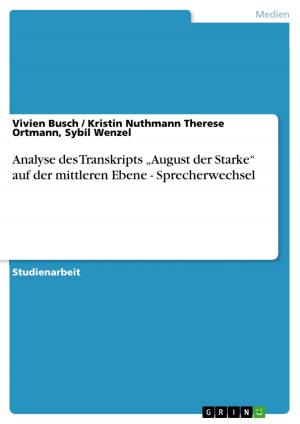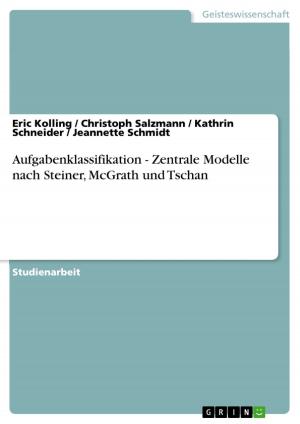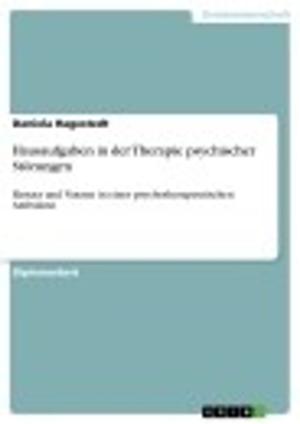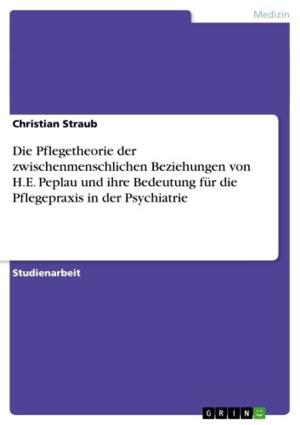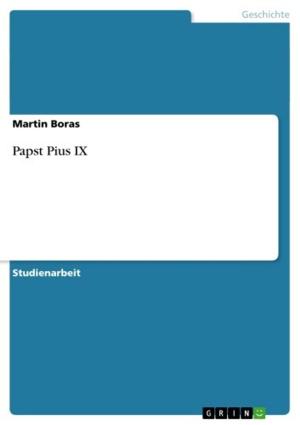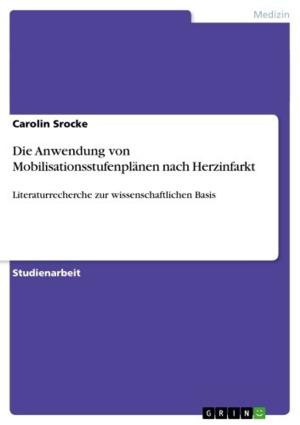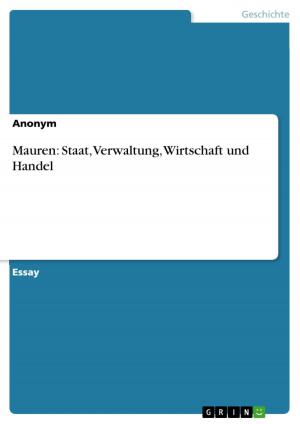Der Messie House Index (MHI)
Versuch einer empirischen systematischen Quantifizierung über verhaltensökologische Phänotypus-Diagnostik des Messie Phänomens
Nonfiction, Health & Well Being, Psychology, Research| Author: | Andreas Schmidt | ISBN: | 9783640309016 |
| Publisher: | GRIN Verlag | Publication: | April 6, 2009 |
| Imprint: | GRIN Verlag | Language: | German |
| Author: | Andreas Schmidt |
| ISBN: | 9783640309016 |
| Publisher: | GRIN Verlag |
| Publication: | April 6, 2009 |
| Imprint: | GRIN Verlag |
| Language: | German |
Bachelorarbeit aus dem Jahr 2009 im Fachbereich Psychologie - Methoden, Note: 1, Sigmund Freud Privatuniversität Wien (Sigmund Freud PrivatUniversität Wien), Veranstaltung: Das Messie-Forschungsprojekt an der Sigmund Freud PrivatUniversität Wien, Sprache: Deutsch, Abstract: This study is a new diagnostic approach in compulsive hoarding. It opens a new possibility in that field of research to measure the clutter directly in habitats of compulsive hoarders individually for psychotherapy diagnostics. The Messie House Index (MHI) method was developed directly in empiric field research and in addition to indoor focus group exploration at the psychotherapeutic health care center at Sigmund Freud Private University Vienna weekly for three years. That was a very important work to point out qualitative knowledge in compulsive hoarding research. In that focus group the comorbitiy model was once more approved and figured out the typical symptoms in the hoarding syndrome. Theoretical multidisciplinary discussion is done predominant in the field of ecoethology. First time in compulsive hoarding research this way of sight opens further larger perspectives in this complex disease. It makes a running psychotherapy able to measure periodicly the real state of the human habitat and is also an Index for the habitat functionality, dysregulation and psychological strain.
Bachelorarbeit aus dem Jahr 2009 im Fachbereich Psychologie - Methoden, Note: 1, Sigmund Freud Privatuniversität Wien (Sigmund Freud PrivatUniversität Wien), Veranstaltung: Das Messie-Forschungsprojekt an der Sigmund Freud PrivatUniversität Wien, Sprache: Deutsch, Abstract: This study is a new diagnostic approach in compulsive hoarding. It opens a new possibility in that field of research to measure the clutter directly in habitats of compulsive hoarders individually for psychotherapy diagnostics. The Messie House Index (MHI) method was developed directly in empiric field research and in addition to indoor focus group exploration at the psychotherapeutic health care center at Sigmund Freud Private University Vienna weekly for three years. That was a very important work to point out qualitative knowledge in compulsive hoarding research. In that focus group the comorbitiy model was once more approved and figured out the typical symptoms in the hoarding syndrome. Theoretical multidisciplinary discussion is done predominant in the field of ecoethology. First time in compulsive hoarding research this way of sight opens further larger perspectives in this complex disease. It makes a running psychotherapy able to measure periodicly the real state of the human habitat and is also an Index for the habitat functionality, dysregulation and psychological strain.

